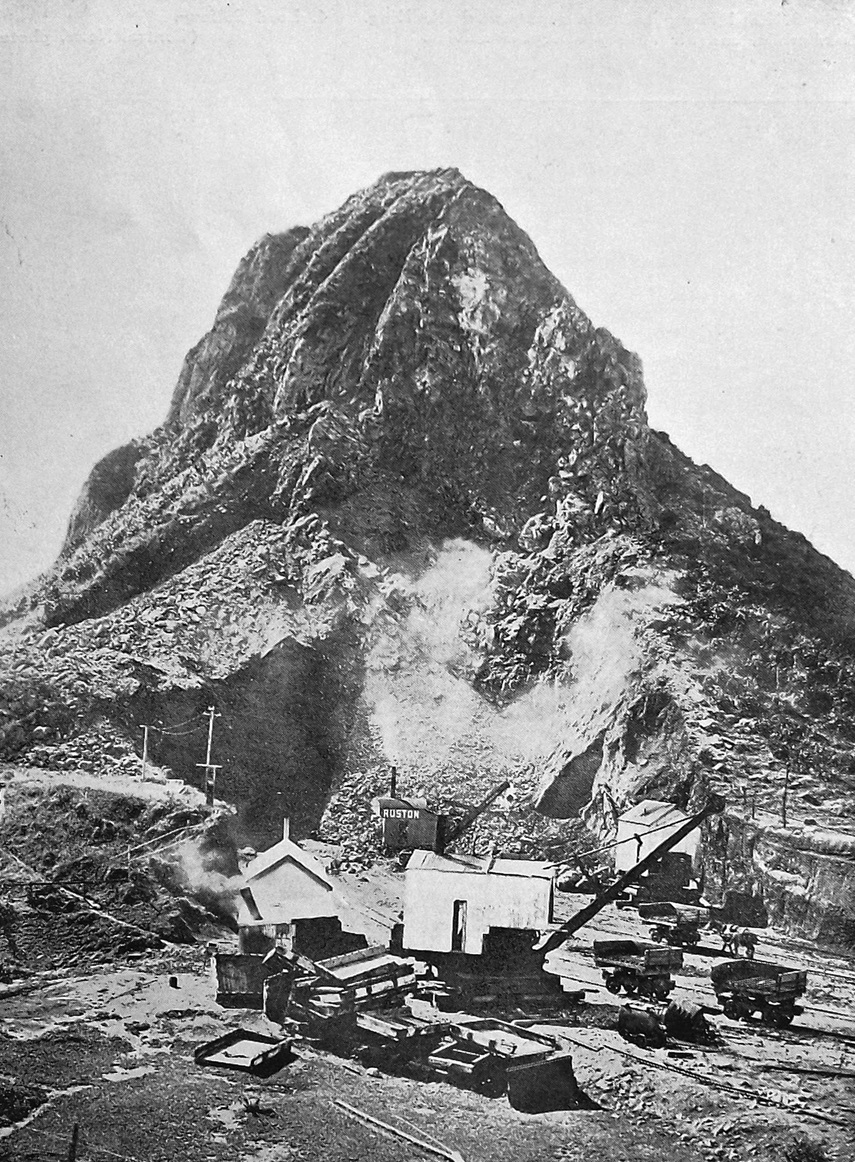

Polished French and Esperanto
Less than six mouths ago the Controller-general of Prisons communicated with superintendents, asking them to produce exhibits for the New Zealand and South Seas Exhibition. At Mount Eden there is a considerable number of skilled artisans under lock and key. Most of their work has been executed during their leisure hours and in their cells, supplied with the necessary tools and implements, books etc. In one room was seen a wonderful carved kauri frame with the Ten Commandments inset in well-executed illuminated lettering, as well as a carved frame revealing the Lord’s Prayer. Both frames are carved out of the solid, edged with flowers, all handpainted, enhanced by a careful selection of flowers made out of wax candles. Several skilled cobblers were making boots and shoes to be shown. A clever piece of plumbing was explained by a prisoner. This, he said, was a six-way piece of sanitary plumbing, all worked out of a piece of sheet lead without joint, all six pipes converging into one. The cabinetmakers shop saw an index filing cabinet made from wood grown and cut at the department’s bush camp at Waikune being French-polished. One of the members of the Esperanto class has a solid-wood carved map of the world. Two stars, a railway train and a steamer emblematic respectively of Esperanto as the universal language and the two means of twentieth century locomotion, are carved in the centre. Easily the pick of all the exhibits is a handsome large British Coat of Arms, carved out of a solid niece of Mount Somers stone. Equally as good is a clock case hewn out of Mount Somers white stone by the same prisoner. — by ODT Auckland correspondent
Christianity unassailed
Though the controversy regarding Christianity and Evolution has raged for well over half a century, there still remains a vast amount of misunderstanding and confused thinking on the subject. It was with a view to clarifying thinking on the subject that Dr J.E. Holloway, lecturer on botany at Otago University, last night addressed a meeting of the Student Christian Union in the Allen Hall. Dr Holloway began by making three quotations, one from Hugh Miller, the Scottish geologist: "It is impossible for a man to be a believer in evolution and a Christian." The speaker totally disagreed with that idea, and said that we had moved far since the times in which Miller lived. W.J. Bryan declared; "The doctrine of evolution asserts that the Bible is a lie." That was simply not a fact. On the contrary, evolution showed that there was wonderful significance and truth in the Bible that we had tended to overlook. A third writer said: "Evolution cannot be proved anyhow." That might be true, but in the sense in which the writer meant it neither could anything else be proved. Whereas the relation of evolutionary teaching to Christianity was at first largely negative and destructive, we had now reached the time when evolutionary teaching was constructive and strengthening the bonds of true religion. Evolutionary truth had shown us that human ideas and words are very limited after all. The general effect had been to give us a far bigger and clearer idea of Creation than we would otherwise have had. "Cocksureness" was far from the spirit of true science. Evolutionary teaching had done an immense amount of good and would eventually strengthen Christian faith. It had helped us to distinguish between the spirit and the letter. — ODT, 9.7.1925
Compiled by Peter Dowden











